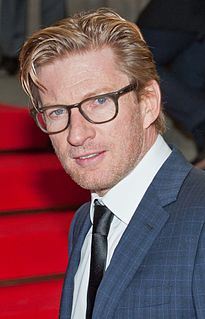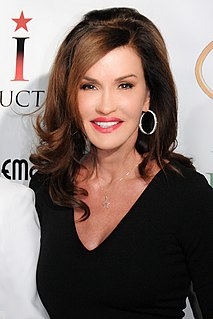A Quote by Albert Einstein
I never commit to memory anything that can easily be looked up in a book
Related Quotes
Memory is strange. Scientifically, it is not a mechanical means of repeating something. I can think a thousand times about when I broke my leg at the age of ten, but it is never the same thing which comes to mind when I think about it. My memory of this event has never been, in reality, anything except the memory of my last memory of that event. This is why I use the image of a palimpsest - something written over something partially erased - that is what memory is for me. It's not a film you play back in exactly the same way. It's like theater, with characters who appear from time to time.
I know a planet where there is a certain red-faced gentleman. He has never smelled a flower. He has never looked at a star. He has never loved any one. He has never done anything in his life but add up figures. And all day he says over and over, just like you: 'I am busy with matters of consequence!' And that makes him swell up with pride. But he is not a man - he is a mushroom!
I never felt I had anything to hide. I never felt being gay was anything to be ashamed of, so I never felt apologetic. I didn't have issues with it, didn't grow up with any religion, so I didn't have any religious, you know, issues to deal with as far as homosexuality is concerned. So, I accepted it very easily. For me, it wasn't that big a deal.
My father was famous for his photographic memory. He was in the OSS. They trained him to be captured on purpose and to read upside down and backwards and commit to memory every document in Germany he saw as he was being interrogated - every schedule on every wall. So, that photographic memory somehow made its way to me when I was young.
For the eternity that Lux Lisbon looked at him, Trip Fontaine looked back, and the love he felt at that moment, truer than all subsequent loves because it never had to survive real life, still plagued him, even now in the desert, with his looks and health wasted. 'You never know what'll set the memory off,' he told us. 'A baby's face. A bell on a cat's collar. Anything.' They didn't exchange a single word. But in the weeks that followed, Trip spent his days wandering the halls, hoping for Lux to appear, the most naked person with clothes on he had ever seen.
I believe in books. And when our people [coughing] - our people of Jerusalem, let's say after the Romans destroyed the temple and the city, all we took is a little book, that's all. Not treasures, we had no treasures. They were ransacked, taken away. But the book - the little book - and this book produced more books, thousands, hundreds of thousands of books, and in the book we found our memory, and our attachment to that memory is what kept us alive.
Writing my first book, I think in hindsight I went into it saying, 'It's gonna sell.' I was earning enough to scrape by sometime around a book or two before 'Tell No One.' I moved up from $50,000 to $75,000, then $150,000 for each book. I had never thought I would be doing anything else. I had enough encouragement.





































